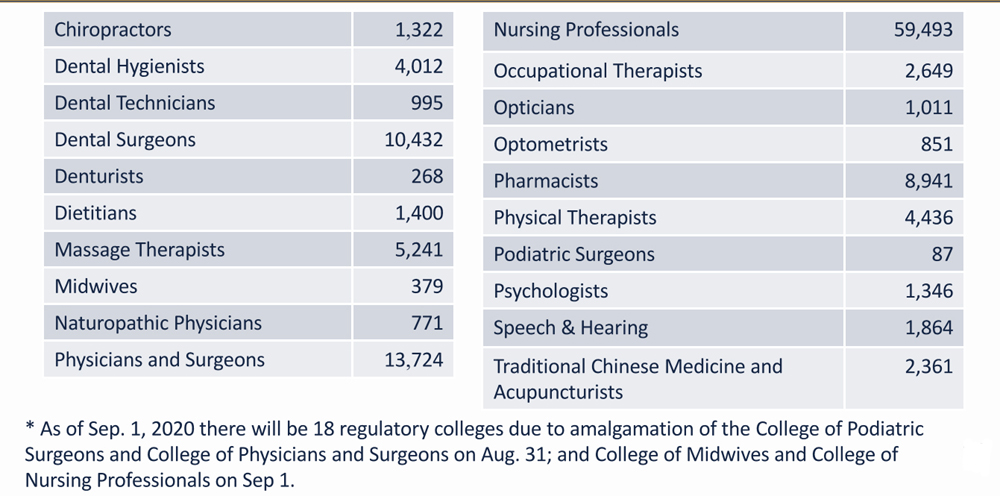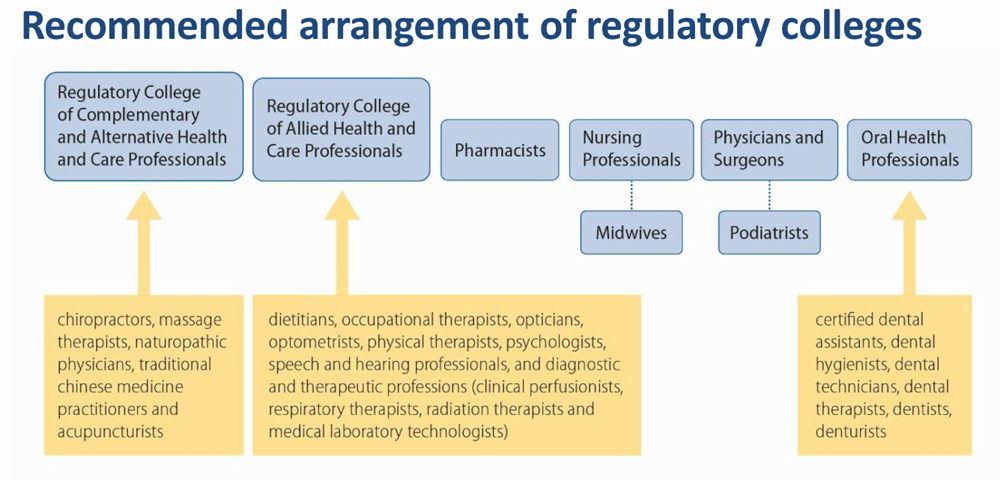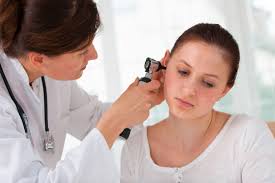
Thursday August 27, 2020 ~ VICTORIA, BC
by Mary P Brooke, B.Sc., Editor | Island Social Trends
Health profession regulation is being modernized in BC. A public survey was held in November 2019 to early January 2020, and findings were announced today by Health Minister Adrian Dix.

Accompanying Dix today (by phone) were the other two members of the steering committee: Norm Letnick, health critic for the official Opposition, and Sonia Furstenau, health critic and house leader for the third party.
Improving public safety and protection:
Objectives of reform are to improve patient safety and public protection, to improve efficiency and effectiveness of the regulatory framework, and to increase public confidence through transparency and accountability.
- Elements of regulatory reform for BC’s health system are:
- Cultural safety
- Improved governance
- Reduction in the number of regulatory colleges
- Strengthening oversight of regulatory colleges
- Simplifying and increasing transparency in the complaints and disciplinary process.
- Enable information sharing.
There was a highlighted recommendation in today’s report, that work should be undertaken to determine how cultural safety and humility should be supported by the regulatory framework.
There are four (4) recommendations in the report:
- No elections – all board members appointed through a competency-based process.
- Equal number of public and professional board members.
- Smaller boards
- Consistent board member compensation.
Currently there are 20 professional health colleges in BC. Numerically-speaking, the membership number is highest among nursing professionals (59,493) while physicians and surgeons are the second highest in number (13,724), followed by dental surgeons (10,432) and pharmacists (8,941).
Reducing the number of colleges:

As of September 1, 2020 there will be 18 regulatory colleges due to amalgamation of the College of Podiatric Surgeons and College of Physicians and Surgeons on August 31; and College of Midwives and College of Nursing Professionals on September 1.
From there, the recommendation is for a reduction in the number of colleges from 20 to six. This is to align with the goal of increasing public protection, improve efficiency and effectiveness of regulation.

The Ministry of Health emphasized today that based on public input (including from professionals in the care sector) that there be separate colleges for ‘Allied Health and Care’ and ‘Complementary and Alternative Health and Care’.

The ‘Allied’ disciplines are based more in mainstream-science in tightly defined delivery models (e.g. dietitians, opticians, speech and hearing professionals, and psychologists), whereas the ‘Complementary and Alternative Health’ disciplines often accept broader inputs (e.g. chiropractors, naturopathic physicians, traditional Chinese medicine practitioners, and acupuncturists).
Better governance:
Minister Dix was enthusiastic today about the opportunity for “better governance” through the proposed recommendation that governing bodies of the proposed six new regulatory colleges be comprised half and half of members of the profession and members of the public.
This is part of separating out investigation from discipline, even that is still done internally within the college (but through separate processes). The goal is for greater transparency to the public.
A further change as to board composition will be that members of the profession will not be elected, but rather will be appointed. In this way, there is less likelihood of self-interest to the profession, allowing for a furtherance of putting the public interest first.
Putting people first is a fundamental plank of the John Horgan NDP government in BC, which — among other instances — has served people well during the COVID-19 health emergency.
Role of the media:
The media play an important role with health system transparency, it was stated by the health ministry today. Under the proposed new setup, results of investigations and disciplinary actions will be publicly available, and it is the media’s job to draw attention to those findings, it was stated by a ministry official in a session with media today.
Minister Dix said today that when the public knows any publicly-available findings about a health professional or incident that consumers of health care in BC can make more informed choices.
Public input behind the new proposed framework:
There were over 300 written submissions during May 9 to June 14, 2019 which resulted in the November 27, 2020 release of Modernizing the provincial health profession regulatory framework: A paper for consultation.
The second phase of consultation was held November 27, 2019 to January 10, 2020 during which time there were 1,480 written submission including 255 unique submissions and 1,225 writing campaign/form letters. Online there were 4,018 survey responses received. In total there were 24 meetings with nearly 50 health-sector partners and organizations.
Legislation in spring 2021:
Legislation to pass these changes into law is expected to reach the BC Legislative Assembly by spring of 2021, Minister Dix said today.



